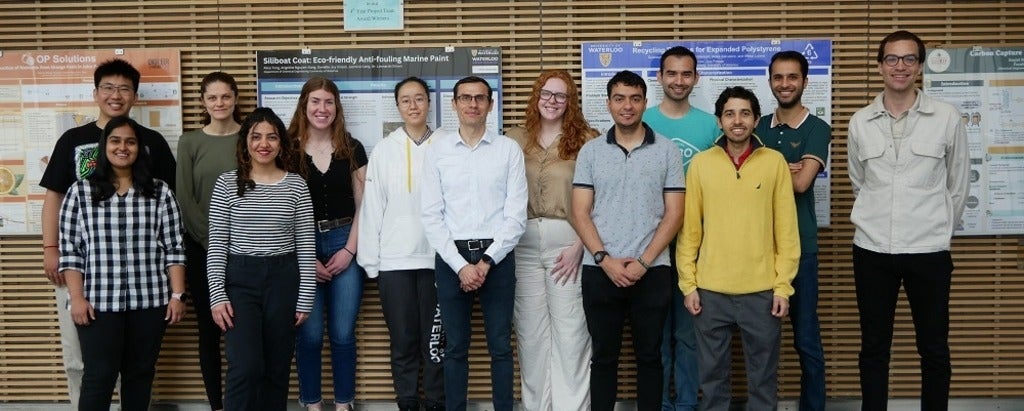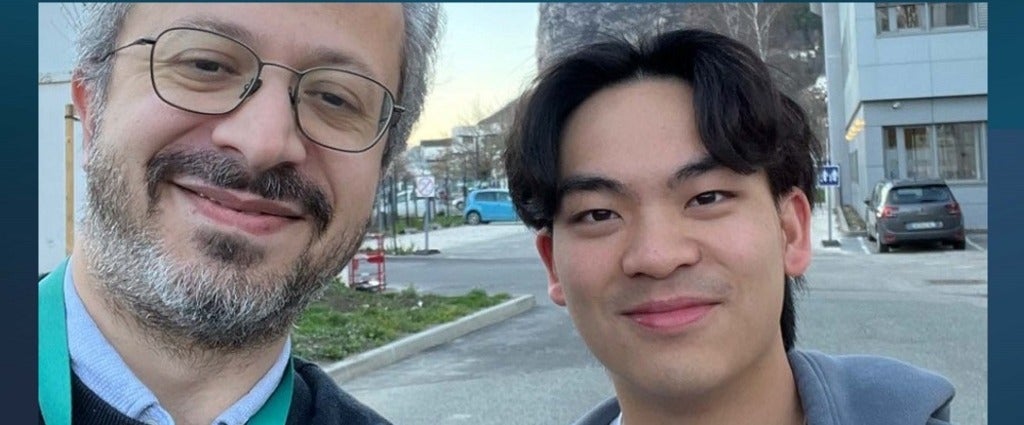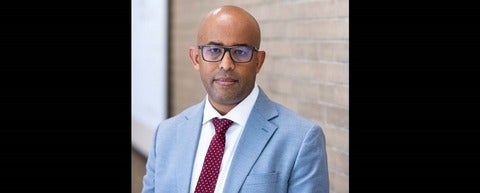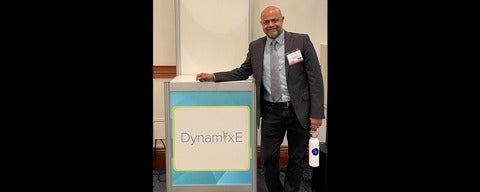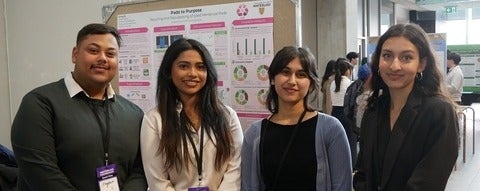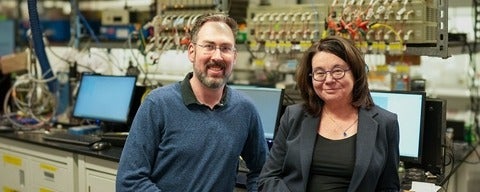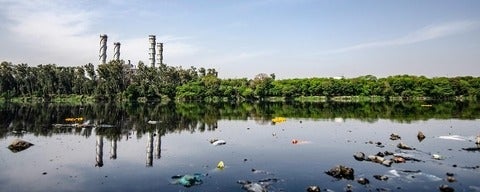Luis Ricardez-Sandoval is the D.G. Fisher Award winner for 2024
The Chemical Institute of Canada has awarded Professor Luis Ricardez Sandoval the D. G. Fisher Award in recognition of his significant contributions to the field of systems and control engineering. This prestigious award celebrates the lifetime achievements of exceptional researchers in Canada.
Ricardez-Sandoval spearheads research initiatives focused on optimal integration of planning, scheduling, control, and process design decisions for chemical and manufacturing systems in the presence of uncertainty. His pioneering work on CO2 capture and conversion technologies aims to mitigate carbon emissions thus promoting sustainability and circular carbon economy and employing first-principles modelling couples with multiscale modelling techniques for the design of novel catalyst materials and valuable chemical products, e.g. thin films. This research is supported through the development of theoretical and computational tools aimed to predict the behaviour of complex and emerging systems.
